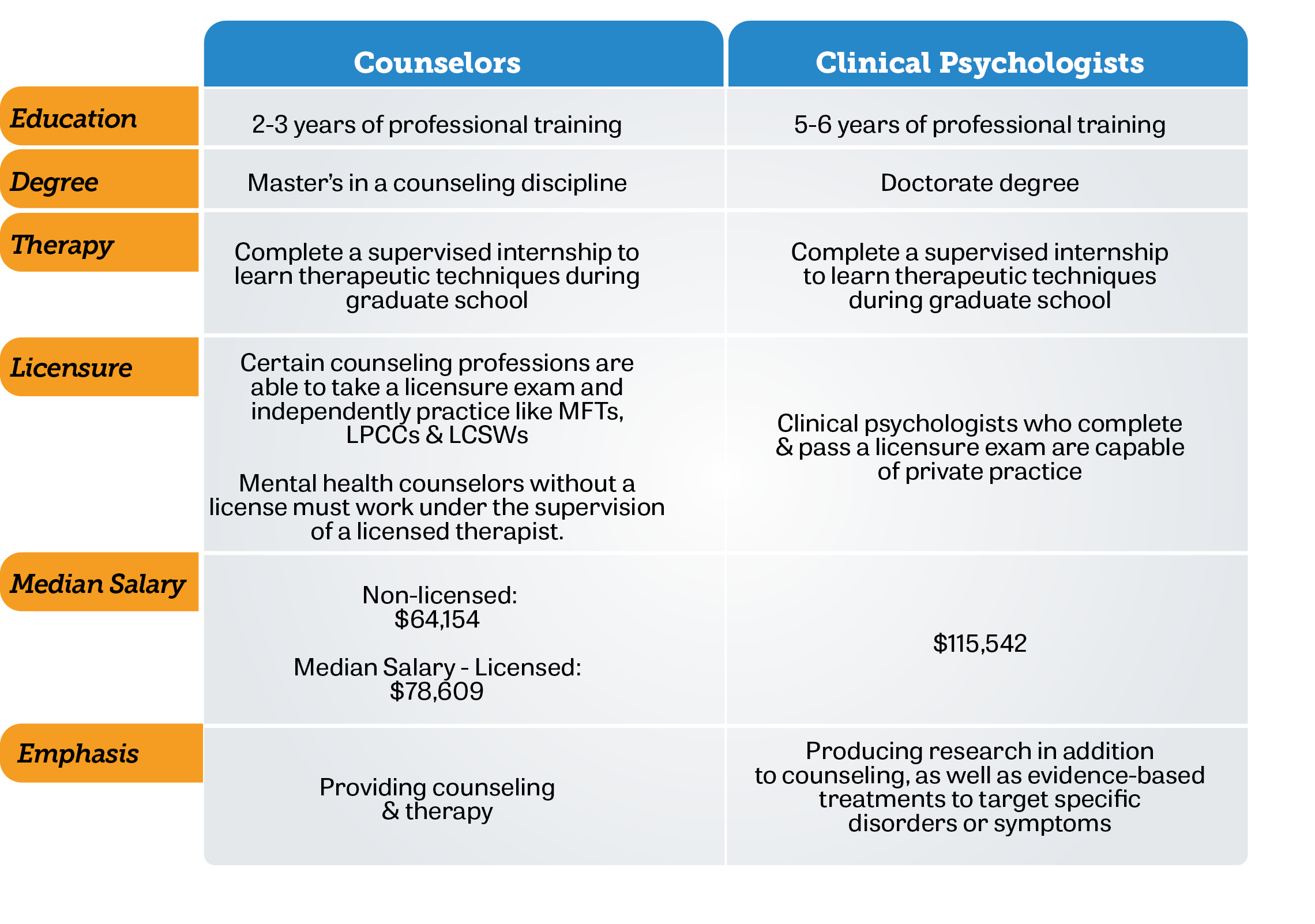Counseling is the collaborative process involving a trained consultant and a consumer that focuses about addressing personal, sociable, emotional, or internal issues to further improve health and facilitate private growth. Counseling provides a safe and supportive environment with regard to clients to explore their feelings, views, and behaviors, gain regarding their issues, and develop coping ways of manage all of them effectively.
Key Principles of Counseling:
Discretion: Maintaining client confidentiality is important to creating a safe and trusting environment in which clients feel comfortable sharing their issues without fear involving judgment or disclosure.
Empathy and Knowing: Counselors demonstrate sympathy, compassion, and comprehending towards clients' experiences, feelings, and viewpoints, fostering a supportive and non-judgmental relationship.
Active Listening: Energetic listening involves completely concentrating, understanding, in addition to responding to precisely what clients are expressing, allowing counselors in order to gain insight into their very own concerns and give personalized guidance.
Client-Centered Technique: Adopting a client-centered approach, counselors enable clients to learn their own thoughts, feelings, and solutions, spotting that clients would be the experts of their very own own lives.
Goal-Oriented Interventions: Counseling is definitely often goal-oriented, concentrating on helping clients determine specific goals, create actionable strategies, create positive changes to be able to achieve their preferred outcomes.
Types associated with Counseling:
Individual Guidance: Individual counseling entails one-on-one sessions among a counselor and a client to deal with personal issues, explore feelings, develop dealing skills, and work at personal growth and self-improvement.
Couples Counselling: Couples counseling, also known as marriage or relationship counseling, helps married couples navigate relationship challenges, improve communication, resolve conflicts, and reinforce their relationship connection.
Family Counseling: Loved ones counseling focuses upon improving family mechanics, resolving conflicts, enhancing communication, and helping family members in handling issues affecting the particular family unit.
Class Counseling: Group therapies involves a little group of individuals revealing similar concerns or even goals participating in counseling sessions brought by way of a trained consultant. Group counseling supplies opportunities for shared support, shared activities, and collective problem-solving.
Career Counseling: Career counseling assists persons in exploring profession options, identifying strong points and interests, establishing career goals, and even making informed judgements about education, teaching, and employment opportunities.
Benefits of Guidance:
Emotional Support: Guidance provides a risk-free and confidential area for people to show their feelings, issues, and fears, obtaining empathetic support and even understanding from a trained professional.
Personal Growth: Counseling facilitates self-awareness, personal insight, and even self-discovery, empowering people to make positive changes, develop brand-new perspectives, and attain personal growth plus development.
Coping Continue reading : Counseling equips men and women with effective dealing strategies, problem-solving expertise, and resilience to handle stress, overcome challenges, and navigate life's transitions more efficiently.
Improved Relationships: Guidance can improve interaction skills, enhance sociable relationships, and advance healthier, more fulfilling connections with some others.
How to get a Professional:
Referrals: Ask your current doctor, friends, or even family members with regard to recommendations of advisors they trust and also have had positive experience with.
Online Web directories: Use online web directories such as Psychology Today, TherapyRoute, or even GoodTherapy to research for licensed advisors in your region, read profiles, plus learn about their very own specialties and methods.

Insurance: Check using your health insurance provider to see in case counseling services will be covered under your own plan and to find counselors who else accept your insurance.
Initial Consultation: Timetable an initial assessment or phone interview with potential advisors to discuss the concerns, ask queries about their strategy, experience, and determine if you feel comfy and confident working along with them.
Remember, getting the right professional is a personal quest, and it's really essential to be able to choose someone that resonates with you, recognizes your concerns, plus supports you on your own path towards recovery, growth, and health.
